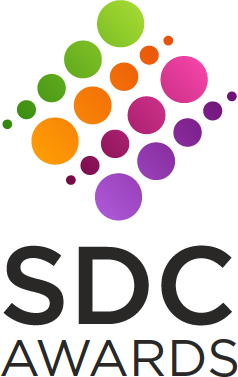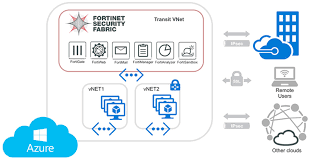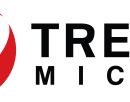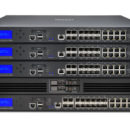Critical IT trends MSPs should pay attention to in 2020

The global technology market is projected to reach $5.2 trillion this year, representing 3.7 percent growth over last year, per the latest research from IDC. Technology has become entangled in nearly every part of our lives, both at work and at home. While the U.S. remains the most substantial part of that market (roughly 32 percent), events happening around the globe are likely to have a significant impact on MSPs — even those with an exclusively U.S.-based client list.
According to CompTIA’s “IT Industry Outlook 2020,” while the size of the U.S. market is significant, the majority of tech spending still occurs across Europe, China, and elsewhere.
There were several key trends identified that MSPs should monitor as they look for new ways to grow their businesses and improve their service offerings.
Security: Cybersecurity remains a serious concern for most companies, particularly as cyberattacks become more frequent and sophisticated. CompTIA says, “Cybersecurity analytics is the most prominent field companies plan to focus on since the collection and analysis of data can help cut through some of the complexity and allow smaller teams to manage larger implementations.”
However, this is still an area where businesses are trying to establish robust security management and internal policies. CompTIA expects cybersecurity to continue to shift from a purely defensive mindset to a more proactive approach that combines technology, policies, and employee education. Organizations are also treating security as a dedicated function, combining both internal and external resources – which also poses an opportunity for MSPs.
Service providers that are already offering security services will start to see them separate from IT as it’s elevated to a critical business operation, similar to legal or accounting.
State-sponsored cyberattacks: MSPs should also continue to be aware of emerging threats not just from shadowy hacker collectives, but also government-sponsored initiatives. In the United States, 2020 is an election year, which means there will be increased interest among hackers (both foreign and domestic) in breaching government networks at all levels.
For MSPs with clients in government, financial services, infrastructure, or utilities, there will be more impetus to focus their efforts on protecting these clients as well as educating them on the latest threats.
The Internet of Things (IoT): According to CompTIA, IoT is poised to “join cloud computing and mobile devices as a permanent part of the modern technology landscape,” as businesses find value in collecting data from digitized assets and operations. IoT-related services will be in increasing demand. According to the CompTIA report:
“Today, IoT as a managed services play is driving the most revenue in this category. But, looking ahead to the next two years, companies are predicting that analytics on data captured by IoT sensors — then shared with customers — holds the most financial promise. The first wave of IoT adoption is making good progress, but the next stage will require a keen understanding of digital BizOps.”
MSPs can help their clients better understand that IoT projects can’t be managed in isolation; they require a holistic, architectural-level view. They will also need to invest in training and personnel that can help create a data-based analytics practice for IoT initiatives.
Artificial Intelligence (AI): AI-based software can provide next-level benefits, but it requires new approaches to oversight and management. To give the right results, AI needs reliable inputs. Datasets must be both massive, and also include quality data. It is a promising technology for business transformation, but firms offering AI solutions need to know how to manage both its application and the required foundational data properly.
Diversity: The technology industry is under pressure to help create a more diverse workforce with better representation based on gender, race, and age. These efforts, however, should go beyond those demographics. A more diverse workforce will pay dividends down the line, particularly if companies include more varied skillsets and experience. According to the CompTIA report, businesses are looking for tech professionals who “speak the language of business,” and who can better collaborate with other departments.
Increased Regulation: The technology sector has thrived in an era with little regulation, but concerns about privacy, data protection, and election interference have put tech companies under increased scrutiny. More and more tech executives have found themselves called before state and federal legislators, and the potential for increased regulation is quickly becoming a top concern. More stringent security and privacy regulations in places like Europe are also affecting the way American companies market and do business with overseas clients.
2020 is already shaping up to be an exciting — and in many ways challenging — time for technology vendors. For MSPs, these trends also pose opportunities to create new services and increase profitability.













Dell Software Group sold to help fund looming EMC deal
Ingram Micro gets distribution access to Dell’s security range in Australia